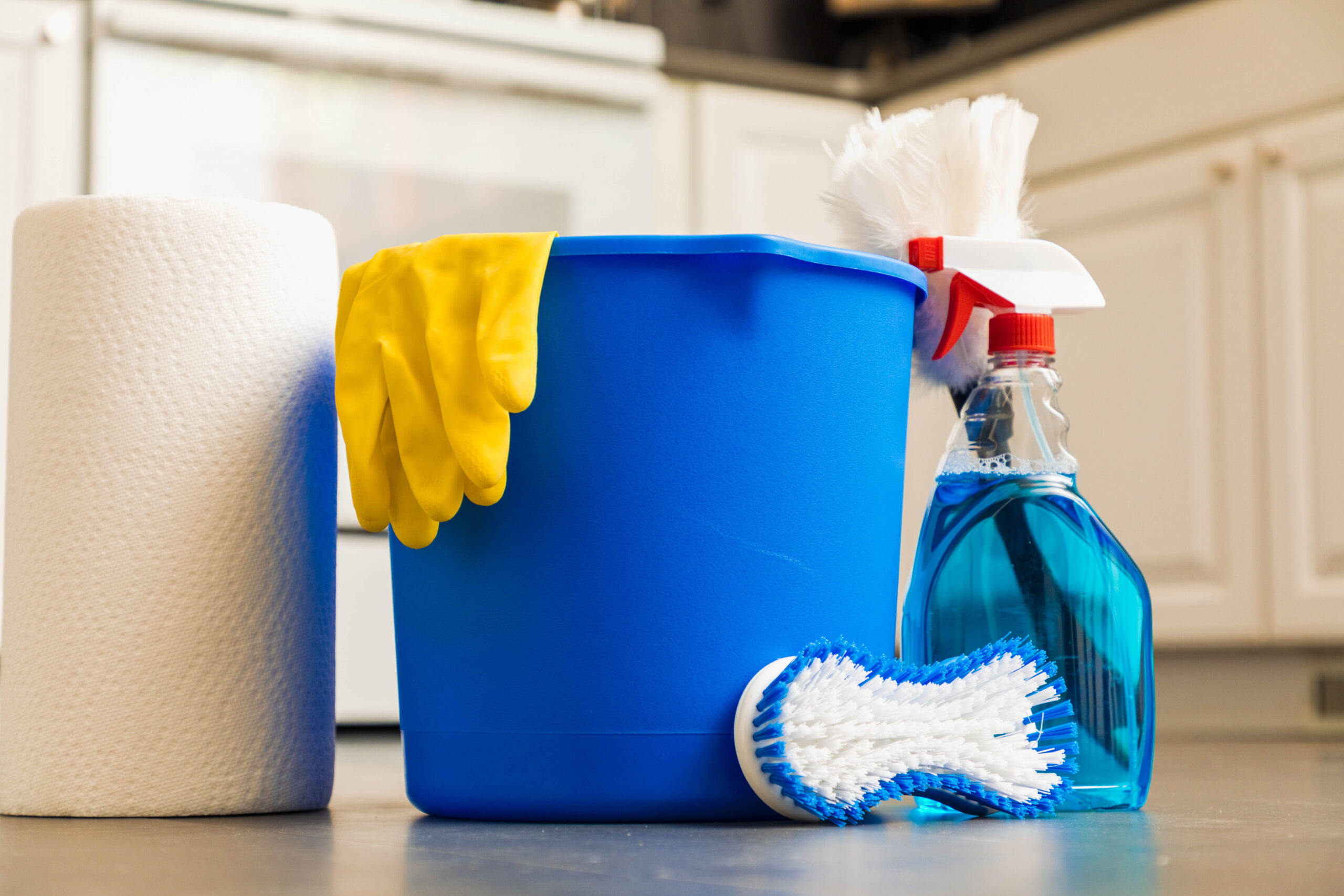With many of us working from home or self-quarantining, we’re all probably doing a little more cleaning than usual during this ongoing pandemic.
So that begs the questions, are we cleaning enough and are we cleaning the right way?
With the increase in time spent at home, keeping our living spaces clean has become more important than ever. But with the demands of daily life, it’s easy to wonder if we’re truly keeping up with all the nooks and crannies or using the right methods for effective sanitation.
This is where professional home cleaning services can make a significant difference. Companies like The Sparkle Squad co. specialize in taking the guesswork out of cleaning, offering tailored solutions that ensure every corner of your home is spotless and safe. From deep-cleaning high-touch surfaces to refreshing carpets and upholstery, their expertise can transform your living environment into a healthier and more comfortable space.
When it comes to maintaining a home that’s not just clean but truly sanitized, turning to professionals can provide peace of mind. With the right team on your side, you can ensure your space receives a level of care that goes beyond the basics.
Services from companies like Bright Spot Cleaning, for example, are designed to tackle every aspect of your home’s cleanliness. Their experienced technicians know how to approach every surface, fabric, and area with the appropriate cleaning solutions and equipment.
Whether it’s tackling stubborn grime in the kitchen or offering a refreshing touch to your living room furniture, professional cleaners can deliver a level of cleanliness that saves you time and effort while improving the air quality and overall environment in your home.
By relying on trained professionals, you can enjoy peace of mind knowing your home is not only clean but also maintained with the highest standards of hygiene.
Ami Cook of the West Virginia University Extension Service said it is important to remain vigilant with cleaning and remember it’s impossible to clean too much.
“We want to clean and disinfect frequently used surfaces often because every time they are used or touched, new germs are exposed to those surfaces,” Cook said in an email to The Dominion Post. “By cleaning frequently, we reduce the exposure of those germs to the next person who touches that surface.”
Regular cleaning is essential not only for hygiene but also to create a space where everyone feels comfortable and protected. Shine On Cleaning Services understands the unique needs of residential spaces and offers tailored cleaning solutions to help homeowners maintain their homes in the best possible condition.
From routine surface cleaning to deep sanitization, they focus on high-touch areas such as door handles, light switches, and countertops, ensuring that your home remains as germ-free as possible. Their team uses eco-friendly products to minimize environmental impact while effectively fighting dirt and germs, so you can feel confident that your living space is both clean and safe.
Shine On Cleaning Services also recognizes that each home is different, which is why they provide flexible cleaning schedules and customized services to meet the specific needs of their clients.
Whether you need a one-time deep clean, regular maintenance, or specialized services like carpet cleaning or window washing, their professional team is equipped to handle it all. By offering personalized solutions, they ensure that every client’s home is treated with the care and attention it deserves.
But Cook, who is the Extension Service Families and Health agent for Clay and Braxton counties, said to make sure the right product is being used and follow the manufacturer’s directions.
“According to the Centers for Disease Control and Prevention, cleaning is removing dirt and some germs from objects and surfaces,” she said. “Disinfecting eliminates germs on surfaces and objects, and sanitizing lowers germs to a safe level.”
Any disinfectant product must meet government specifications. If a product meets the government’s criteria, then there will be an EPA registration number on the container, she said.
“Federal regulations require large and small quantity generators of hazardous waste to obtain an EPA identification number,” she said. “This is helpful to consumers because at times of an outbreak, the EPA can tell you exactly which registered products can be used to disinfect against, in this case coronavirus.”
According to the American Cleaning Institute, a Washington, D.C., trade group that represents producers of household, industrial and institutional cleaning products, there are three types of disinfectants:
- EPA registered chlorine beach. This is effective when properly mixed with water and used on clean surfaces.
- EPA registered disinfectant cleaners. These products have ingredients that remove dirt as it kills germs.
- EPA registered disinfectants. These are effective on clean surfaces.
Children’s toys should be cleaned and disinfected after they are used. Blankets and stuffed animals should be washed in hot water and with chlorine bleach — if possible, Cook said. Also, dry the items on high heat at least once a week if someone in the house is sick.
Cook said it doesn’t really matter if paper towels, sponges or rags are used to clean. Plus, use gloves when using disinfectants to minimize damage to hands.
“All of these are acceptable methods of cleaning resources if used
properly.”
Sponges, however, should be soaked five minutes in a mixture of one quart of water to three tablespoons of bleach after each use and then air dry. Sponges should be replaced every two to eight weeks, depending how often they are used.
Also, Cook said it is important not to mix cleaning agents unless the label says you can.
“Mixing bleach with vinegar or ammonia will create toxic fumes that when inhaled can cause coughing, shortness of breath and even chest pains,” she said. “Mixing bleach with rubbing alcohol creates chloroform, which is highly toxic.”
TWEET @41Suzanne




